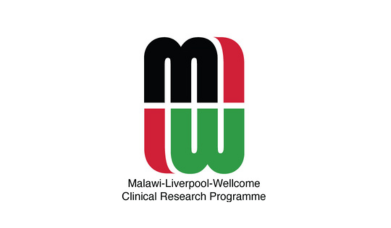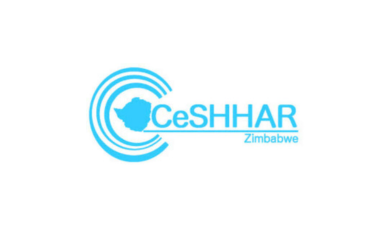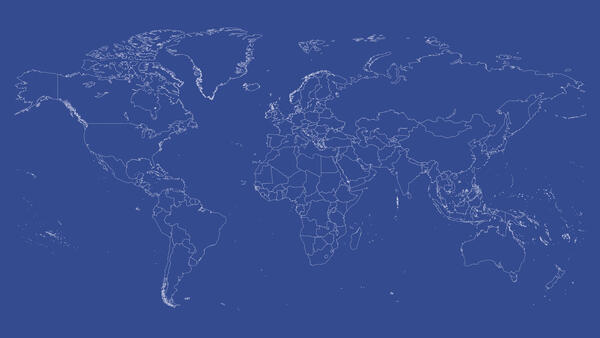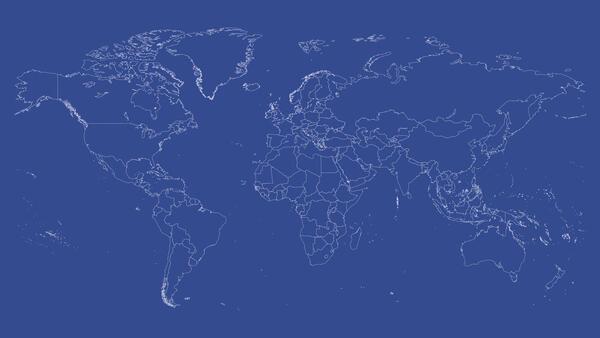
LSTM Partnerships
LSTM continues to work in partnership with other organisations across the globe
During my time at LSTM, the two things that have not changed are an unremitting focus on improving the health of disadvantaged populations and an ethos of collaboration. As we move forward into the next 125 years, we are emphasising commitment to equity in our academic partnerships in several ways, including through the establishment of a Global Hubs Council with organisations in Zimbabwe, Kenya and Malawi.
Professor of Clinical Tropical Medicine; Dean of Partnerships





